Patience a virtue in Prime Minister Anthony Albanese’s plan for the nation, starting with the Indigenous voice to parliament
As Labor settles in, its plans to steadily reshape Australia will begin to unfold. The Indigenous voice to parliament is the focus for now, a second term will put the republic debate front and centre.
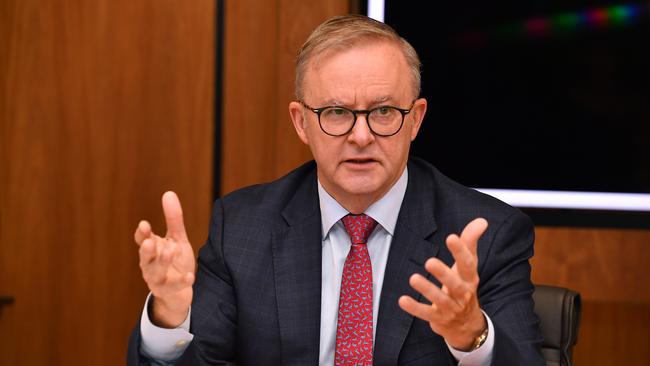
The Indigenous voice to parliament is Anthony Albanese’s focus this year. The Prime Minister hopes a majority of Australians in a majority of states will help him enshrine a say for Indigenous Australians within our constitutional framework.
If the voice is achieved, that will just about do it for Albo’s first term, aside from minor nips and tucks to the budget. He’ll also campaign at the next election on having steered Australia through the turbulent economic times ahead – assuming that’s what he does.
As well as steering us away from “the nasty party”, as former Liberal strategist Tony Barry labelled the conservatives during the ABC’s recent Aston by-election coverage. The turn of phrase was picked up in focus groups Barry’s RedBridge Group conducted.
A second Labor term will put the republic debate front and centre. Albanese already made the bold move of installing an Assistant Minister for the Republic, Matt Thistlethwaite, in his first frontbench line-up. Expect plans for another republic referendum to be articulated in the second term, assuming Labor is returned at the next election. The death of Queen Elizabeth, coupled with the 25th anniversary of the previous republic referendum in 1999, are natural markers to revisit the issue.
The third nation-shaping target for Albanese could be lowering the voting age from 18 to 16.
Australia lowered the voting age from 21 to 18 in the 1970s as part of sweeping reforms Gough Whitlam introduced when Labor returned to power after 23 years in the wilderness.
It is easy to forget that Labor was out of office for 20 of the past 26 years when it won last year’s election. Parallels to the political context Whitlam inherited are underdone in the commentariat.
Unlike Whitlam, however, Albanese hopes to avoid a crash-or-crash-through binary choice. His style of leadership is being crafted around incrementalism, aiming to be in power long enough to steadily enact changes that can be bedded down. Whitlam was bundled out of office three years after taking over.
When I interviewed Albanese as GQ Magazine’s anointed “political man of the year” late last year he cited patience as one of the key things 26 years in parliament before securing the prime ministership taught him.
“I am determined to lead a long-term Labor government to entrench reforms,” Albanese told me. “My experience of what I believe were good governments led by Kevin Rudd and Julia Gillard is that some of the good work that was done was easily undone because it wasn’t entrenched. That idea of permanent change is important to me.”
An Indigenous voice to parliament, a republic and lowering the voting age to 16 are classic examples of what would amount to permanent changes if Albanese can achieve the triumvirate.
Progressive causes become more difficult the longer a political party is in power. Conversely, too much change early on can threaten the survival of a government. It’s a fine line.
Lowering the voting age would provide Labor with a comparative advantage over the Coalition, given the conservative side of politics struggles to win support from younger voters even now.
But Labor also needs to beware the law of unintended consequences. There is a reason the Greens already support lowering the voting age to 16. (Albanese and Labor have yet to articulate support one way or the other.) A voting age of 16 favours the Greens electorally. It draws even more of its support from young voters than Labor does, which could put more inner-city Labor seats at risk of falling to the Greens – including Albo’s seat of Grayndler and Tanya Plibersek’s electorate of Sydney, particularly when the popular pair retires.
Although a 2010 Australian Election Study revealed that 72 per cent of respondents “definitely” thought the voting age should stay at 18, that may have changed. Argentina, Austria, Bosnia, Brazil, Cuba, East Timor, Ecuador, Estonia, Greece, Indonesia, Israel, Malta and Nicaragua all have reduced the voting age to 16 or 17.
Expect this issue to enter the political lexicon in the years ahead. Once upon a time Australia was at the vanguard of electoral reforms: granting women the vote, instituting compulsory and preferential voting. The secret ballot now universal in democracies was once called the Australian ballot.
While the government is already being criticised for a lack of economic reforming ambition (including by me), that has never been a defining characteristic of Albanese the political activist. Social issues and progressive causes, not tax reform and restructuring the federation, are what ignite his passions.
Nonetheless, in Labor’s first year in office (the anniversary of which is closing in) it has made major moves on defence, also not natural policy turf for Albanese.
As Defence Minister and Deputy Prime Minister, Richard Marles has been given policy room to move by his prime minister. The pair came together quickly after the shock 2019 election defeat, running on a joint leader-deputy leader ticket to ultimately knock out any challenges.
Marles’s passion is defence policy, and his loyalty to Albanese during the tough years of opposition helped secure last year’s election win. Albo hasn’t forgotten that, happy to reward Marles with a policy freedom few other ministers enjoy.
Which is not to discount Jim Chalmers’ seniority within Team Albo. But as a Treasurer without a party leadership position, he’s even more beholden to the wants of cabinet and the whims of his Prime Minister, as Wayne Swan was to Kevin Rudd before becoming Julia Gillard’s deputy.
We see the pressure Chalmers is under navigating his way through Reserve Bank reforms, the election pledge to stick with the stage three income tax cuts and growing partyroom demands to do more for welfare recipients.
It suits the Prime Minister to let his Treasurer bear the brunt of such challenges. It also suits Albanese if the net result of such pressures limits the government’s capacity to pursue difficult economic reforms in Chalmers’ policy space, rather than across policy scripts Albanese is passionate about. There is only so much governments can do, we are endlessly reminded.
The strategic approach Albanese outlined to me late last year highlights an innately conservative world view; a leader prepared to achieve changes incrementally over time, which might be surprising in someone so progressively minded. But it is unsurprising for a Prime Minister in his 60s who is also one of the longest serving MPs in parliament, having learnt the power of long-term incumbency.
Peter van Onselen is a professor of politics and public policy at the University of Western Australia and Griffith University.


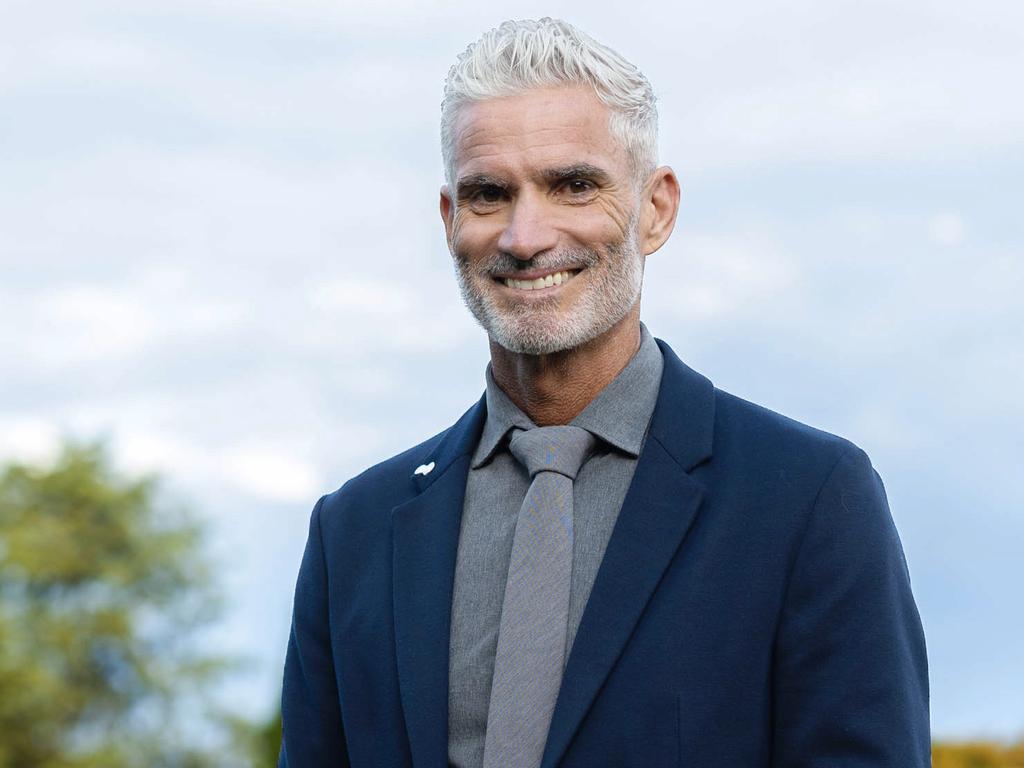
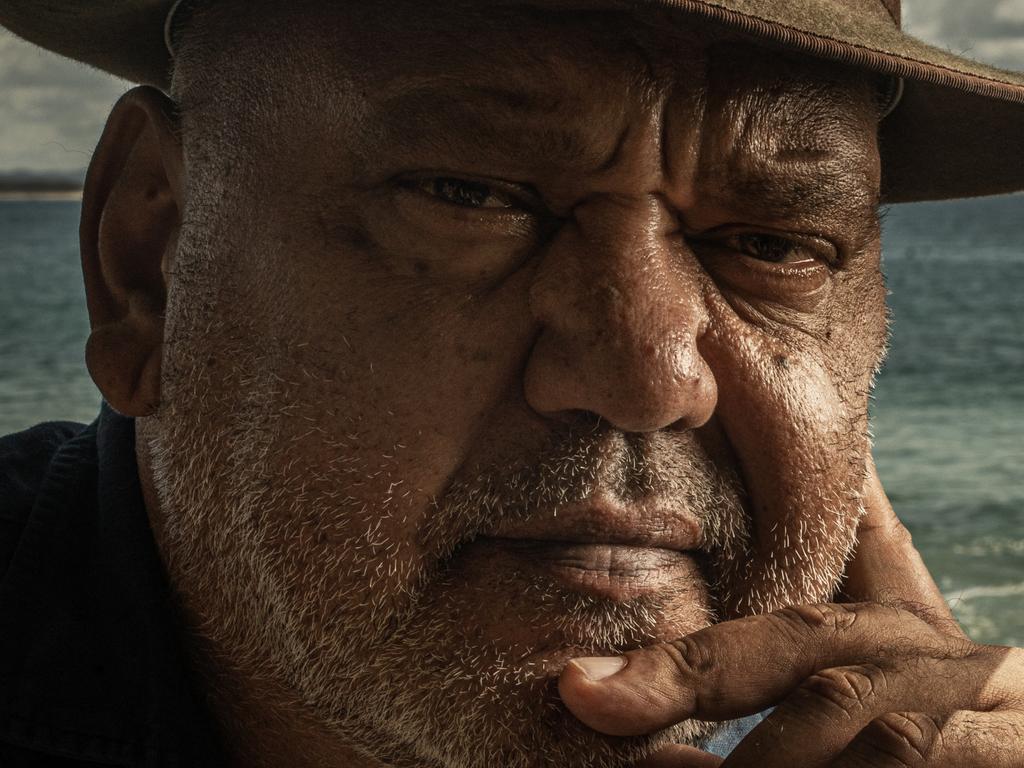
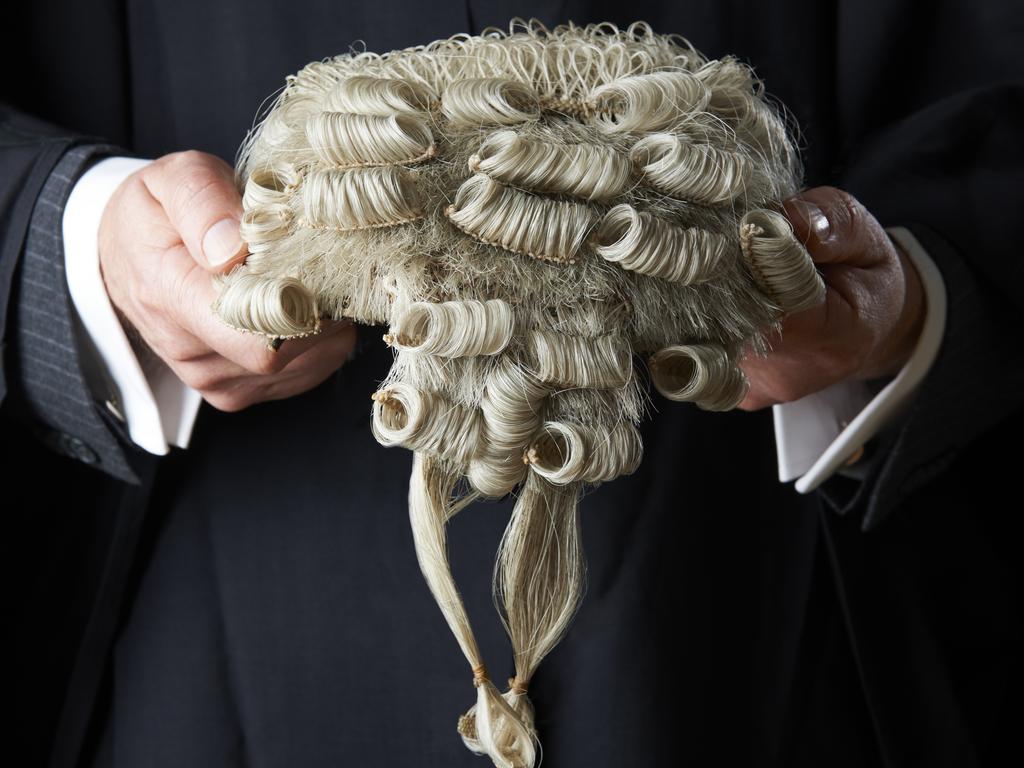
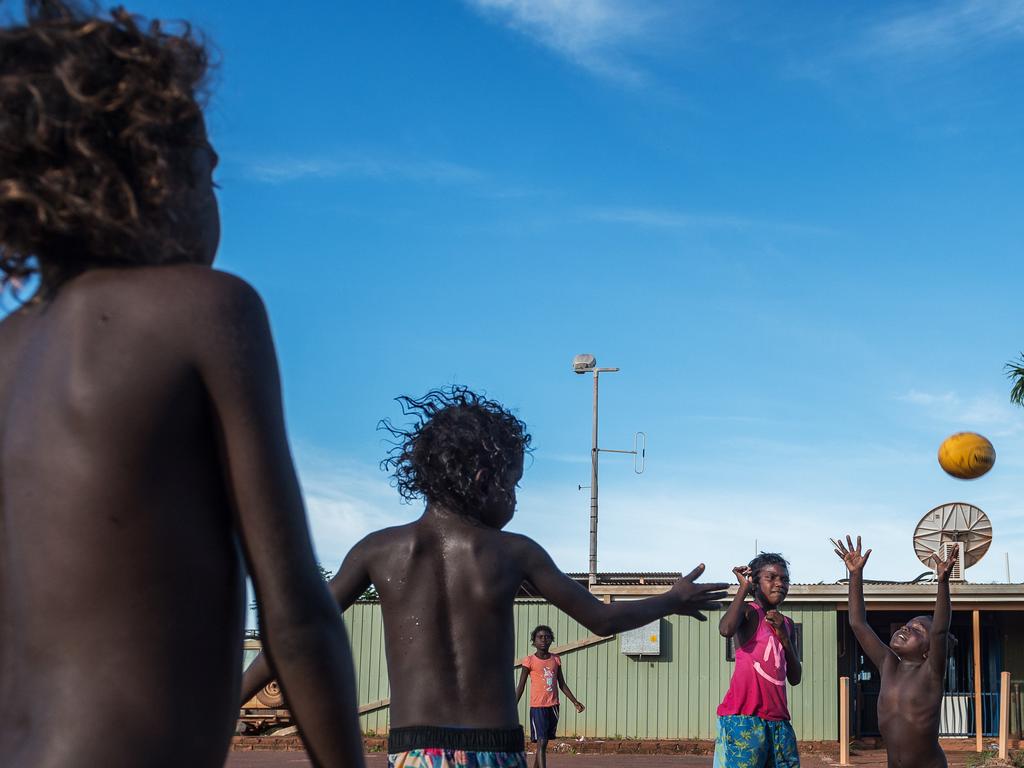


As the new Labor government settles in, its plans to steadily reshape Australia will begin to unfold.